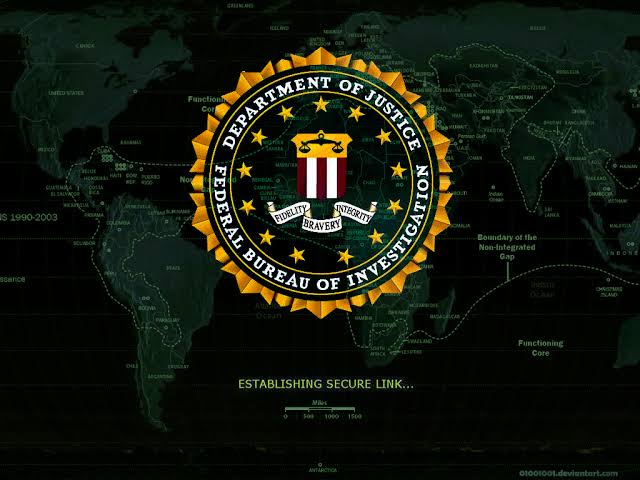Facebook Twitter (X) Instagram Somali Magazine - People's Magazine
The Federal Bureau of Investigation (FBI), through its Criminal Justice Information Services (CJIS) Division, has issued a Request for Information (RFI) to secure vendor support for the ongoing operation, maintenance, and enhancement of the Somalia Automated Biometric Identification System (ABIS). This system plays a pivotal role in Somalia’s criminal justice and counterterrorism efforts, making it a critical tool for regional security.
The Somalia ABIS initiative is part of a broader federal interagency effort aimed at bolstering Somalia’s law enforcement capabilities through the use of advanced biometric identification technologies. By enabling precise identification of individuals linked to criminal and terrorist activities, the FBI seeks to strengthen Somalia’s stability and security. This project reflects the U.S. government’s commitment to leveraging cutting-edge technology for global security challenges.
The RFI outlines key requirements for vendors to manage and improve the ABIS, located in a secure facility at Mogadishu’s Aden Adde International Airport. The database currently holds a capacity of two million ten-print records and 50,000 latent records, all digitized from previously card-based records. This biometric database serves the Somali Police Force (SPF) by facilitating the identification and investigation of criminal suspects and individuals involved in terrorism. To ensure operational security, a backup server has been established at a secondary secure location.
Since its establishment, the ABIS has empowered SPF personnel with sophisticated biometric tools for criminal investigations and counterterrorism operations. The system includes remote biometric enrollment and administrative workstations, requiring consistent updates, regular maintenance, and training sessions for personnel. To keep the system operational and effective, the FBI is seeking vendors capable of providing comprehensive support, including both on-site assistance in Somalia and virtual troubleshooting. The contract also specifies quarterly in-person training for SPF personnel, ensuring ongoing skills development and system efficiency.
Vendors submitting proposals must demonstrate the ability to deploy and manage a range of biometric collection platforms equipped with advanced hardware and software technologies. This includes live scan fingerprint scanners, document scanners, printers, and high-resolution cameras. The enrollment software must be capable of capturing, storing, and analyzing biometric data securely and efficiently.
Additionally, the FBI requires vendors to manage software and hardware licenses while integrating the Somalia ABIS with other existing biometric databases. This interoperability will further strengthen regional security collaboration and data-sharing capabilities. Prospective vendors must provide evidence of their ability to handle the full scope of system maintenance and technical support, ensuring the ABIS remains operational and secure.
The deadline for responses to the RFI is set for Friday, January 24, 2025, at 3:00 pm ET. Submissions must adhere strictly to the outlined guidelines for content and format to be considered for evaluation.
The Somalia ABIS project is part of a larger international strategy to modernize criminal justice systems in fragile states. Biometric identification has become a key tool in counterterrorism operations, allowing law enforcement agencies to accurately identify suspects and prevent unauthorized border crossings. The FBI’s involvement in Somalia emphasizes the importance of global cooperation in combating terrorism and transnational crime.
The use of biometric technology for law enforcement has seen widespread adoption across various regions, with the U.S. government and its partners increasingly relying on such systems to enhance border security and counter-terror operations. The FBI’s focus on Somalia underscores the strategic importance of stabilizing the Horn of Africa through advanced technological solutions. The project also aligns with broader efforts to build local institutional capacity for long-term peace and security.
The initiative’s success will depend on the selection of a vendor capable of meeting the technical demands of the system while ensuring data protection and operational reliability. The FBI has emphasized the need for vendors with extensive experience in managing large-scale biometric databases and providing specialized training to law enforcement personnel in challenging environments.
As biometric identification systems become more integrated into global security strategies, the FBI’s RFI for Somalia ABIS highlights the growing reliance on advanced technology for maintaining international security and counterterrorism efforts. The system’s continued operation and enhancement are essential for the Somali Police Force to manage its counterterrorism and criminal justice operations effectively.

